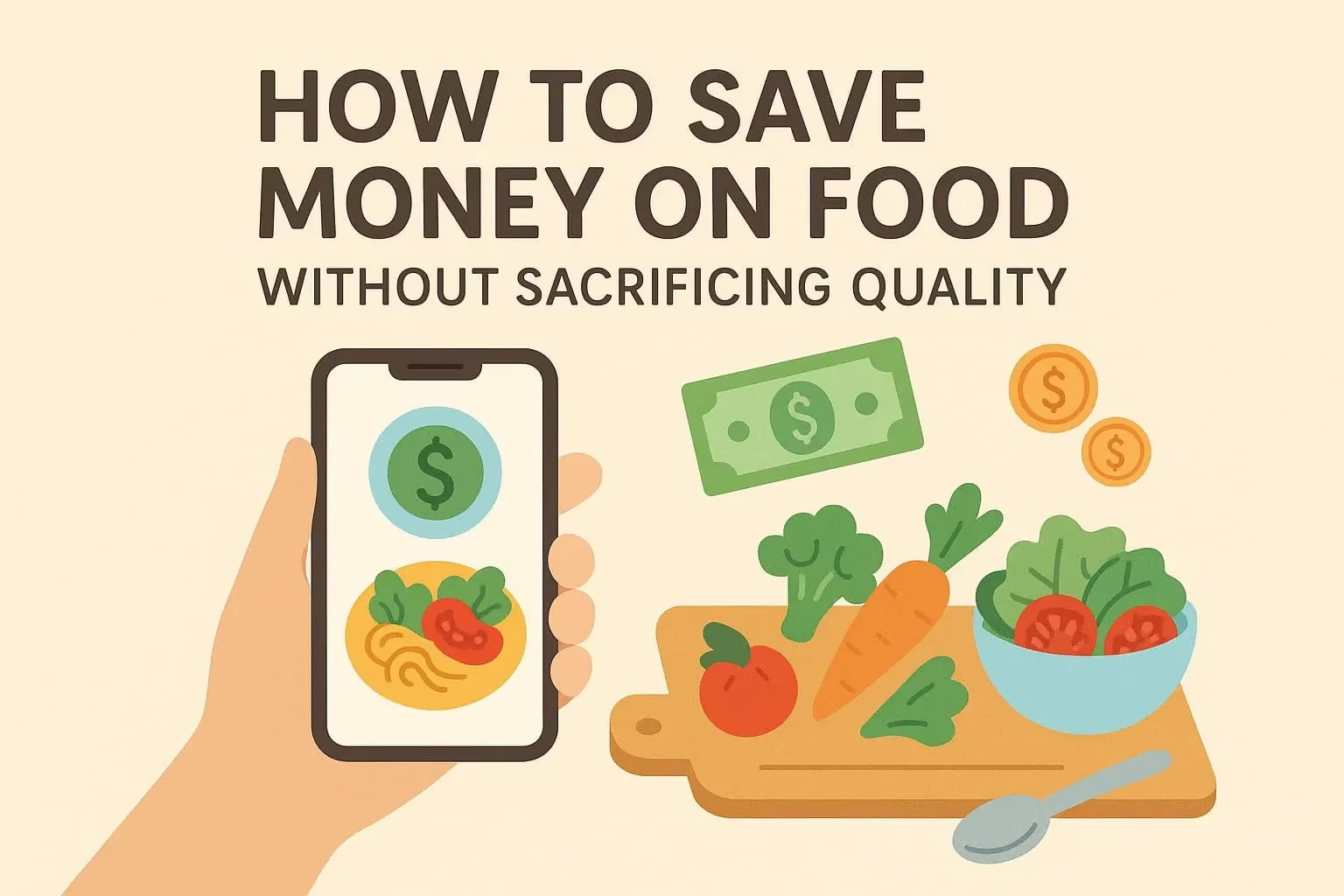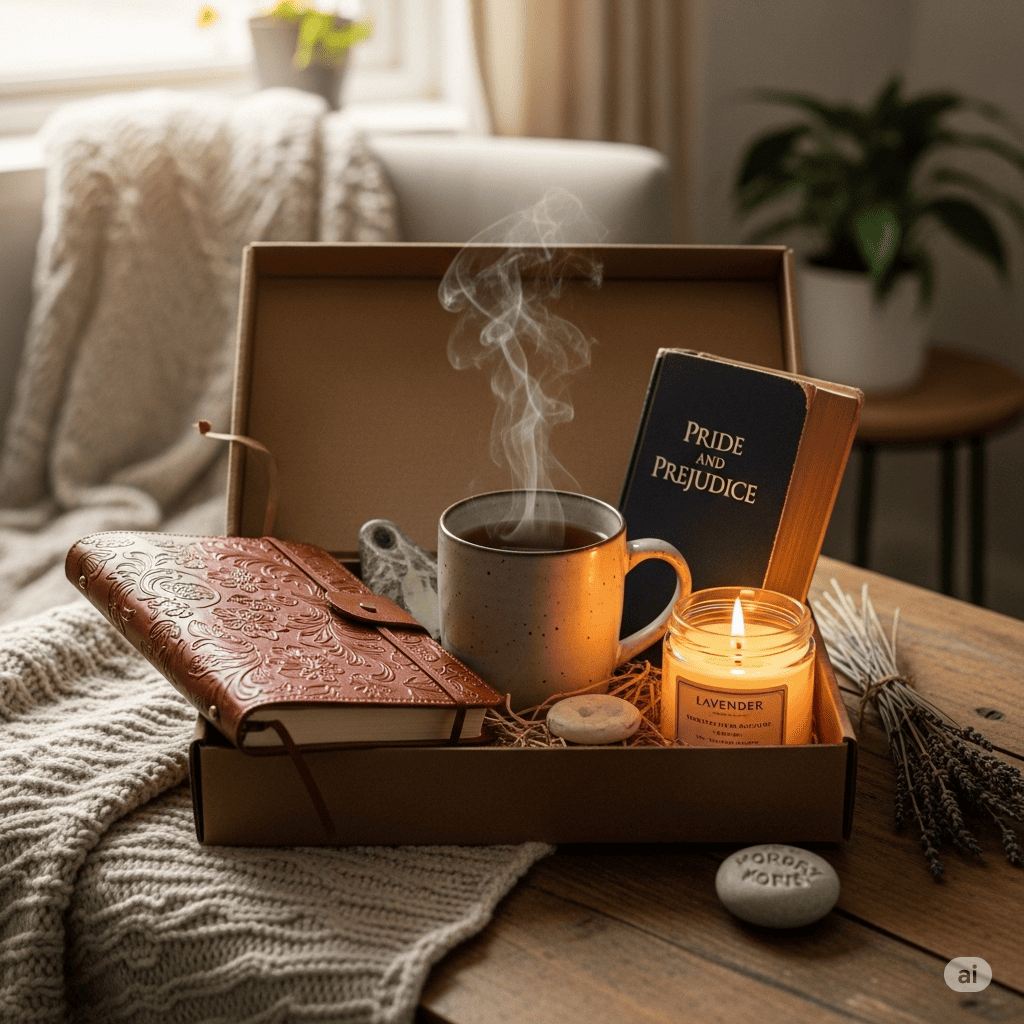If you’ve ever struggled with falling asleep, staying asleep, or waking up tired, you’re not alone. Sleep issues affect millions of people — and many turn to medication as a quick fix. But long-term reliance on sleep aids can have side effects and doesn’t address the root of the problem.
The good news? With a few small changes, you can improve your sleep naturally and consistently — no pills required.
In this article, you’ll find practical, science-backed tips to help you fall asleep faster, sleep deeper, and wake up feeling refreshed.
Why Sleep Matters (More Than You Think)
Sleep isn’t just about energy — it’s essential for:
- Brain health and memory
- Mood regulation and mental health
- Immune system function
- Hormone balance and metabolism
- Long-term disease prevention
Missing sleep isn’t a badge of honor — it’s a health risk.
1. Set a Consistent Sleep Schedule
Your body’s internal clock (circadian rhythm) thrives on regularity. Going to bed and waking up at the same time every day helps you fall asleep more easily over time.
Tip:
- Stick to your schedule on weekends too — within 30–60 minutes.
2. Create a Calm Wind-Down Routine
Give your body time to shift from “go mode” to “rest mode.”
Try this routine 30–60 minutes before bed:
- Dim the lights
- Turn off bright screens
- Stretch or do light yoga
- Take a warm shower
- Read a physical book
- Practice deep breathing
Doing the same calming activities each night tells your brain: “It’s time to relax.”
3. Limit Screen Time Before Bed
Phones, laptops, and TVs emit blue light, which suppresses melatonin (your sleep hormone).
What to do:
- Avoid screens for 1 hour before bed
- Use blue light filters or “night mode” if needed
- Try listening to music or a podcast instead of scrolling
Less screen time = better sleep.
4. Watch What You Eat and Drink
Avoid close to bedtime:
- Caffeine (coffee, tea, chocolate — especially after 2 PM)
- Heavy meals — they disrupt digestion and sleep
- Alcohol — may make you sleepy but ruins sleep quality
Do choose: A light snack like banana + almond butter or herbal tea (chamomile, lemon balm)
5. Make Your Bedroom a Sleep Sanctuary
Your sleep environment matters more than you think.
Optimize your space:
- Keep the room cool (16–20°C / 60–68°F is ideal)
- Use blackout curtains or an eye mask
- Reduce noise (earplugs, white noise machine, fan)
- Invest in a comfortable pillow and mattress
- Only use your bed for sleep and rest, not work or TV
6. Get Natural Light During the Day
Sunlight helps reset your circadian rhythm — the internal process that tells you when to be awake and when to sleep.
How to do it:
- Spend 10–20 minutes outside in the morning or early afternoon
- Sit near a window if you work indoors
- Open curtains wide during the day
More daylight = better melatonin release at night.
7. Move Your Body (But Not Right Before Bed)
Exercise improves sleep — but intense workouts too close to bedtime can keep you wired.
Best approach:
- Do moderate exercise during the day: walking, yoga, strength training
- Avoid vigorous activity within 1–2 hours of bedtime
- Try gentle stretching or slow yoga in the evening
8. Try Relaxation Techniques
Help your brain switch from racing thoughts to rest.
Try:
- Deep breathing (inhale 4, hold 4, exhale 6)
- Progressive muscle relaxation (tighten and release each muscle group)
- Meditation (use a guided app or simple silence)
- Gratitude journaling — write 3 things you’re grateful for
These small shifts can quiet your mind and ease you into sleep.
9. Avoid Long Naps (or Nap Strategically)
If you struggle with nighttime sleep, avoid napping — or limit naps to 20–30 minutes, before 3 PM.
Long or late naps can throw off your sleep cycle.
10. Be Patient and Consistent
Natural sleep improvements take time. Your brain and body need consistency to adapt.
Don’t try everything at once. Choose 1–2 tips, repeat them daily, and trust the process.
If insomnia persists for more than a few weeks, it’s worth speaking to a health professional — especially if stress, anxiety, or sleep disorders may be involved.
Sleep Is a Skill You Can Improve
You don’t need to live in a fog of exhaustion or rely on pills to fall asleep. With a few simple adjustments and a bit of consistency, you can reclaim restful, restorative sleep — and wake up feeling like yourself again.
Start tonight. Your future self will thank you.






